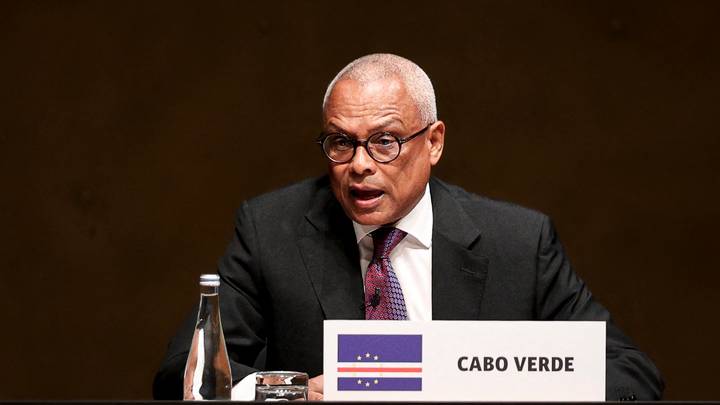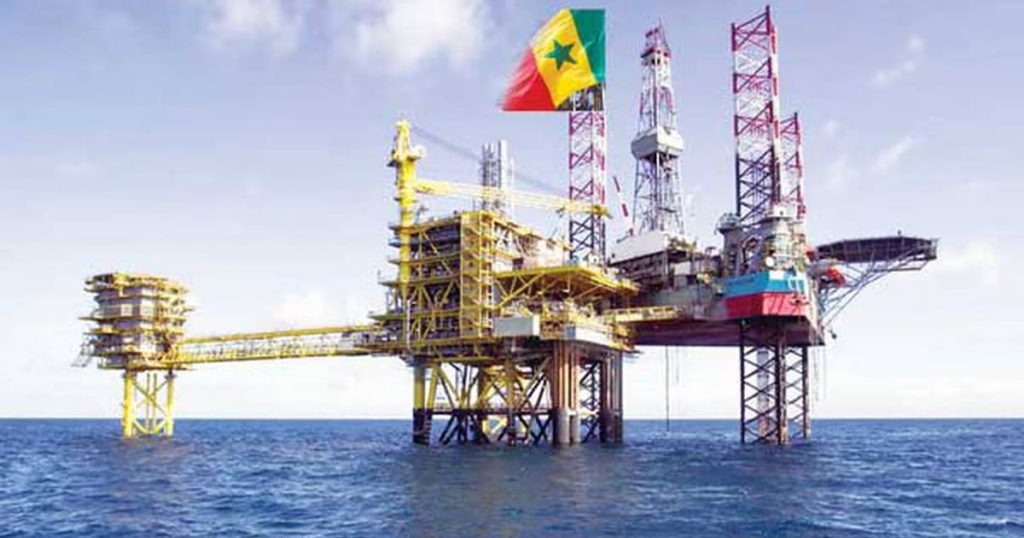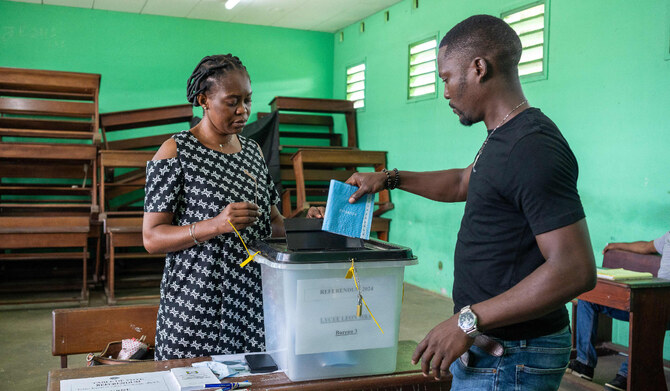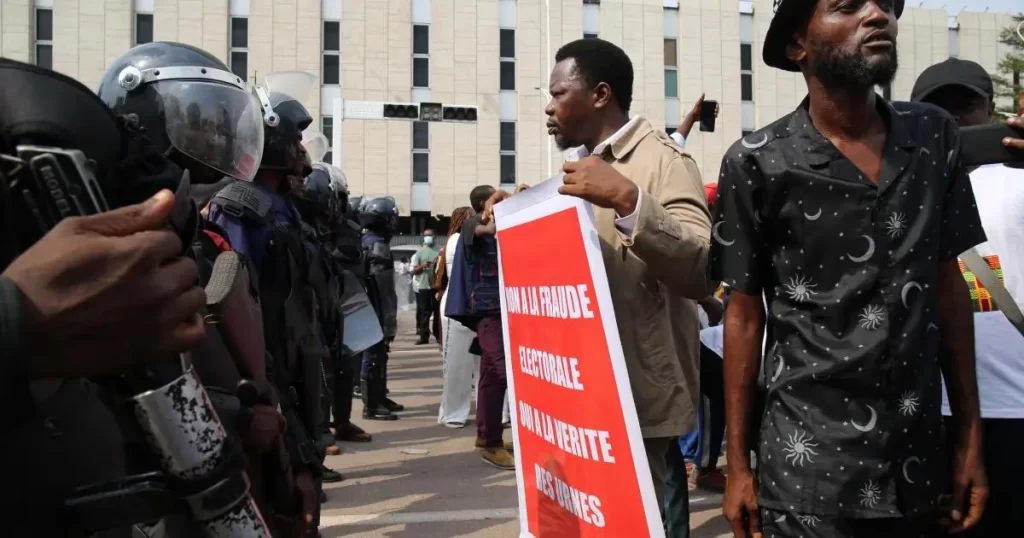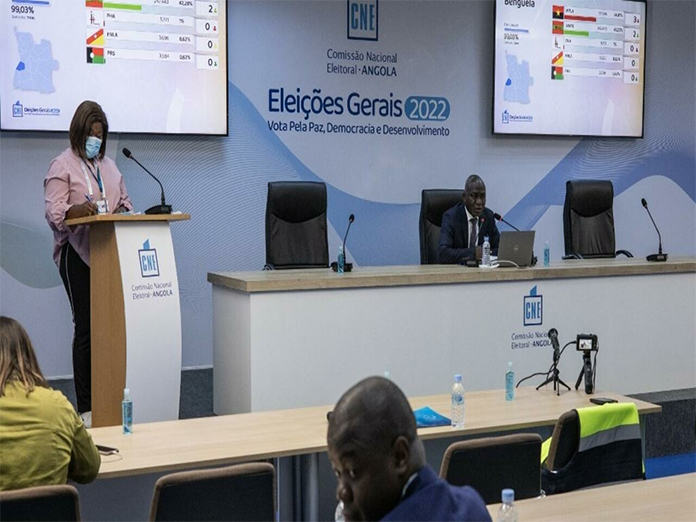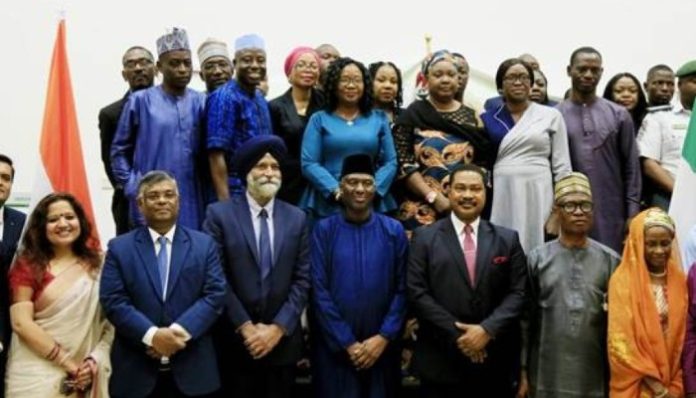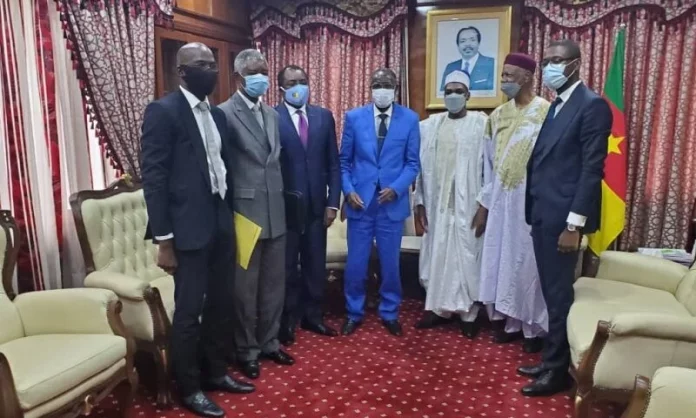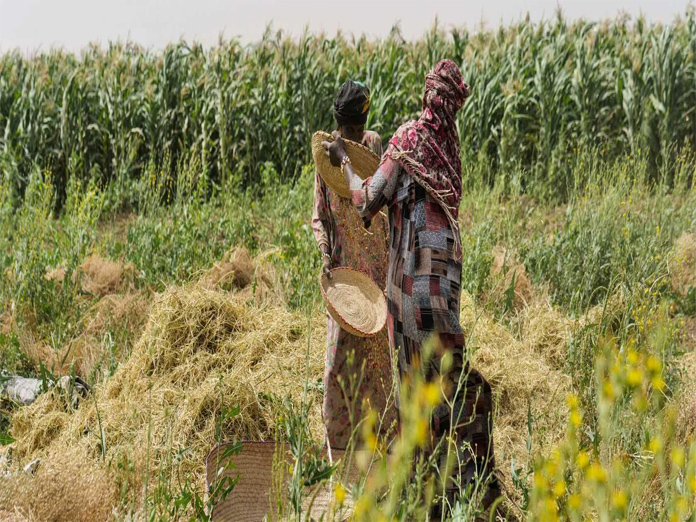Cabo Verde’s president Jose Maria Neves has urged governments to foster discussions around Colonial reparations. His call comes a month after Portuguese president; Rebelo De Sousa affirmed Portugal had to pay reparations for atrocities in the trans-Atlantic slave trade and colonial era.
Cape Verde’s President Jose Maria Neves has expressed difficulty in having serious debates on colonial reparations with the rise of right-wing populism across the archipelago nation but argued that should not stop governments from having those conversations behind closed doors.
He made the remarks during an interview with news site Brasil Já, during which he emphasized that debating reparations in the « public arena » could potentially lead to more political polarization in countries such as in Cape Verde’s former colonizer, Portugal, where the far right is on the rise.
Citing extremist, xenophobic, anti-immigration groups growing in former colonizing powers, the president affirmed there are no political conditions to publicly discuss these questions now especially among governments.
In April Portugal’s President Marcelo Rebelo de Sousa, during an interview with Reuters, stated his country was responsible for crimes committed during transatlantic slavery and the colonial era, and suggested there was a need for reparations. His comments however sparked a national debate and strong criticism from right-wing parties.
For over four centuries, nearly six million Africans were forcibly taken across the Atlantic by Portuguese vessels and sold into chattel slavery, primarily in Brazil. Portugal’s colonial era saw countries such as Angola, Mozambique, Brazil, Cape Verde, Sao Tome and Principe, East Timor and some territories in Asia subject to Portuguese rule.
The idea of paying reparations or making other amends for transatlantic slavery and colonialism has a long history and remains deeply disputed, but has gained momentum worldwide including on the African Continent.


